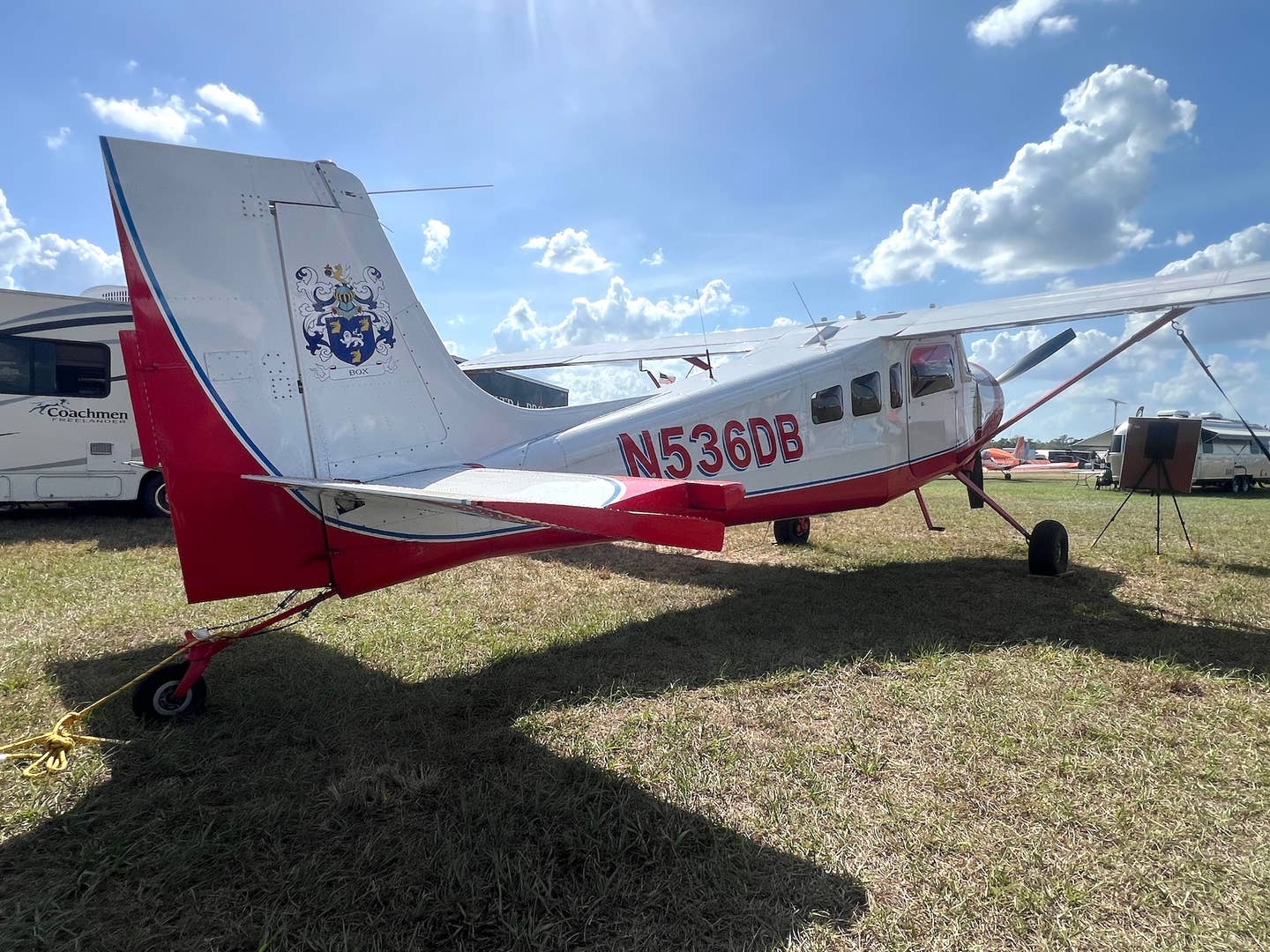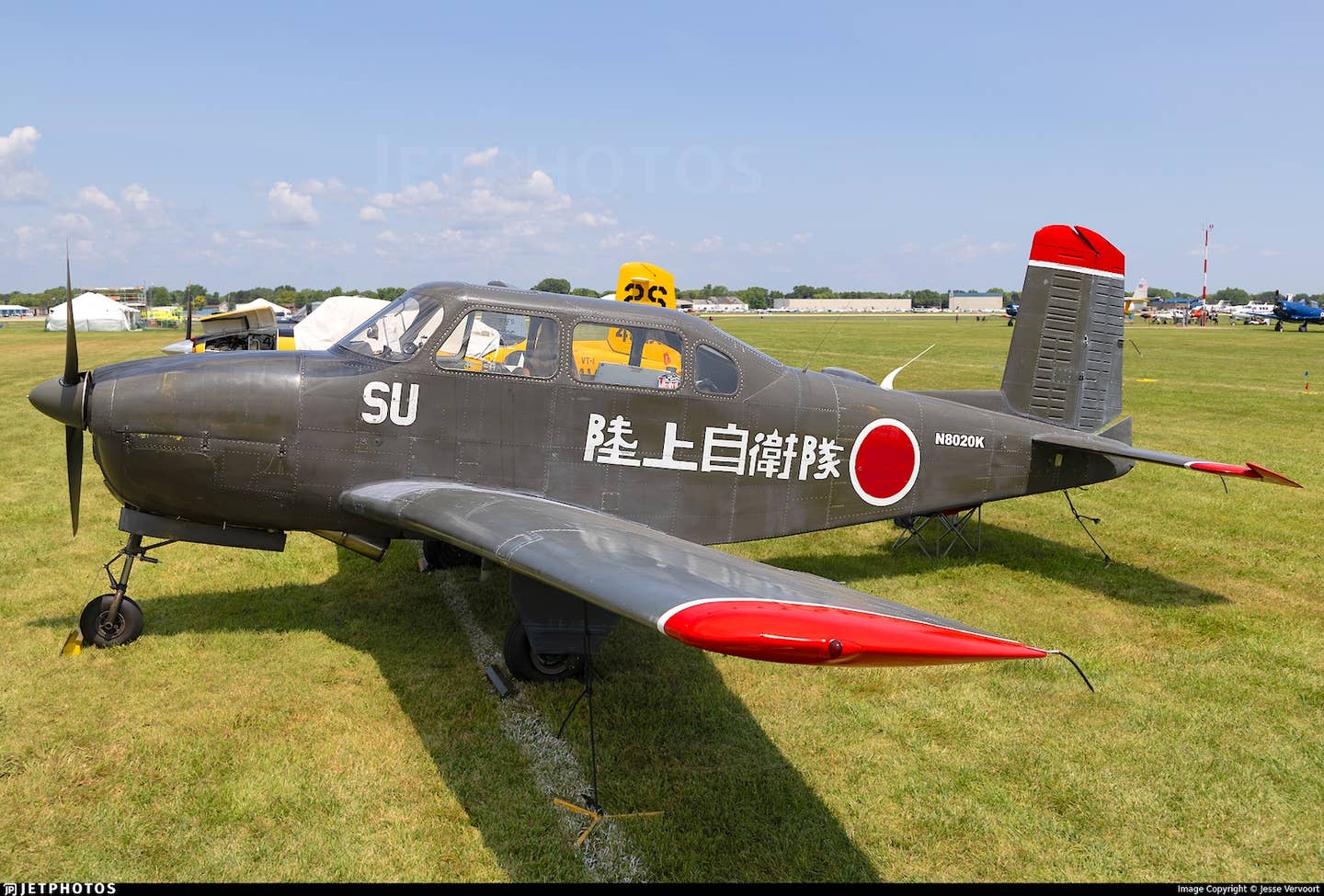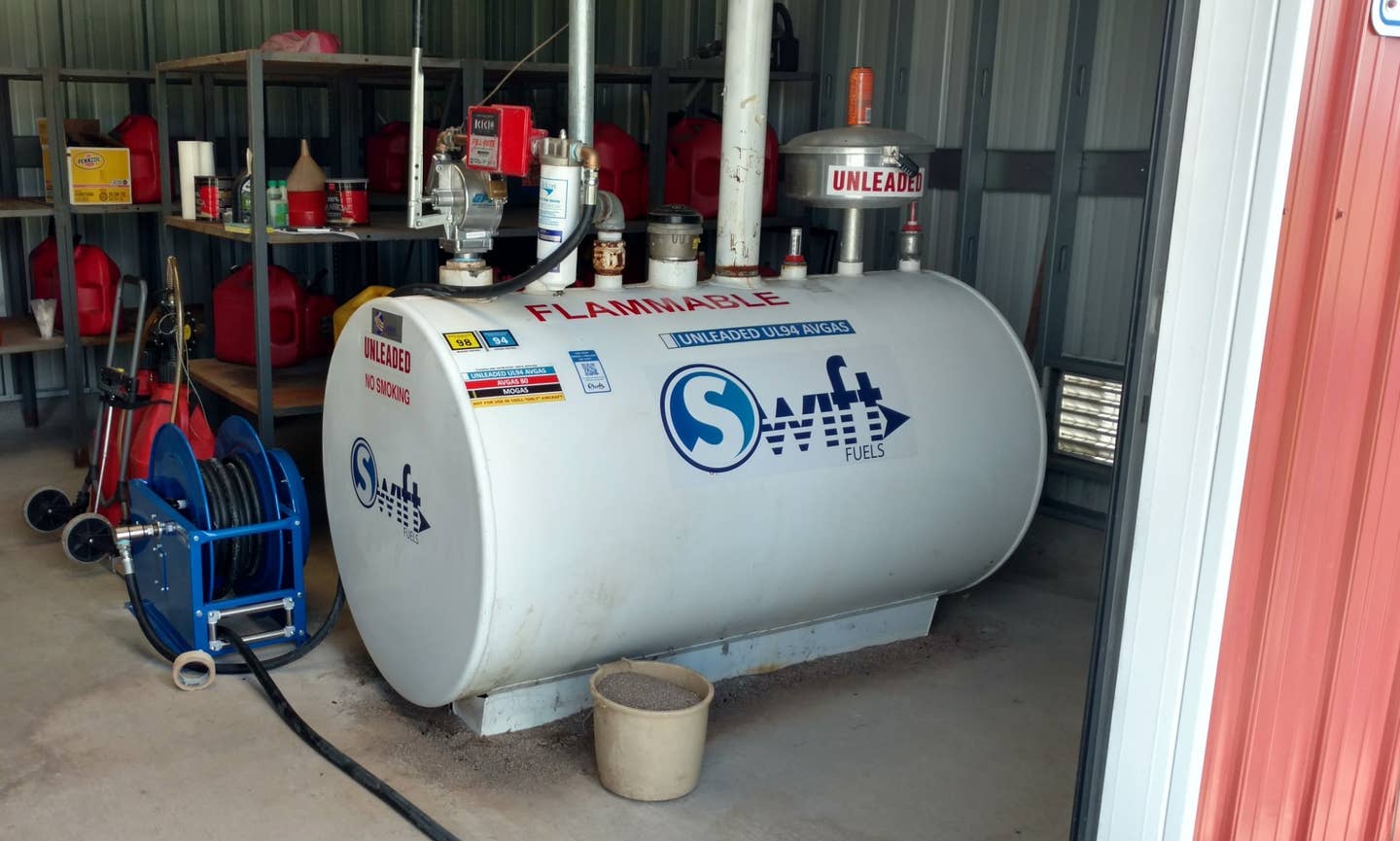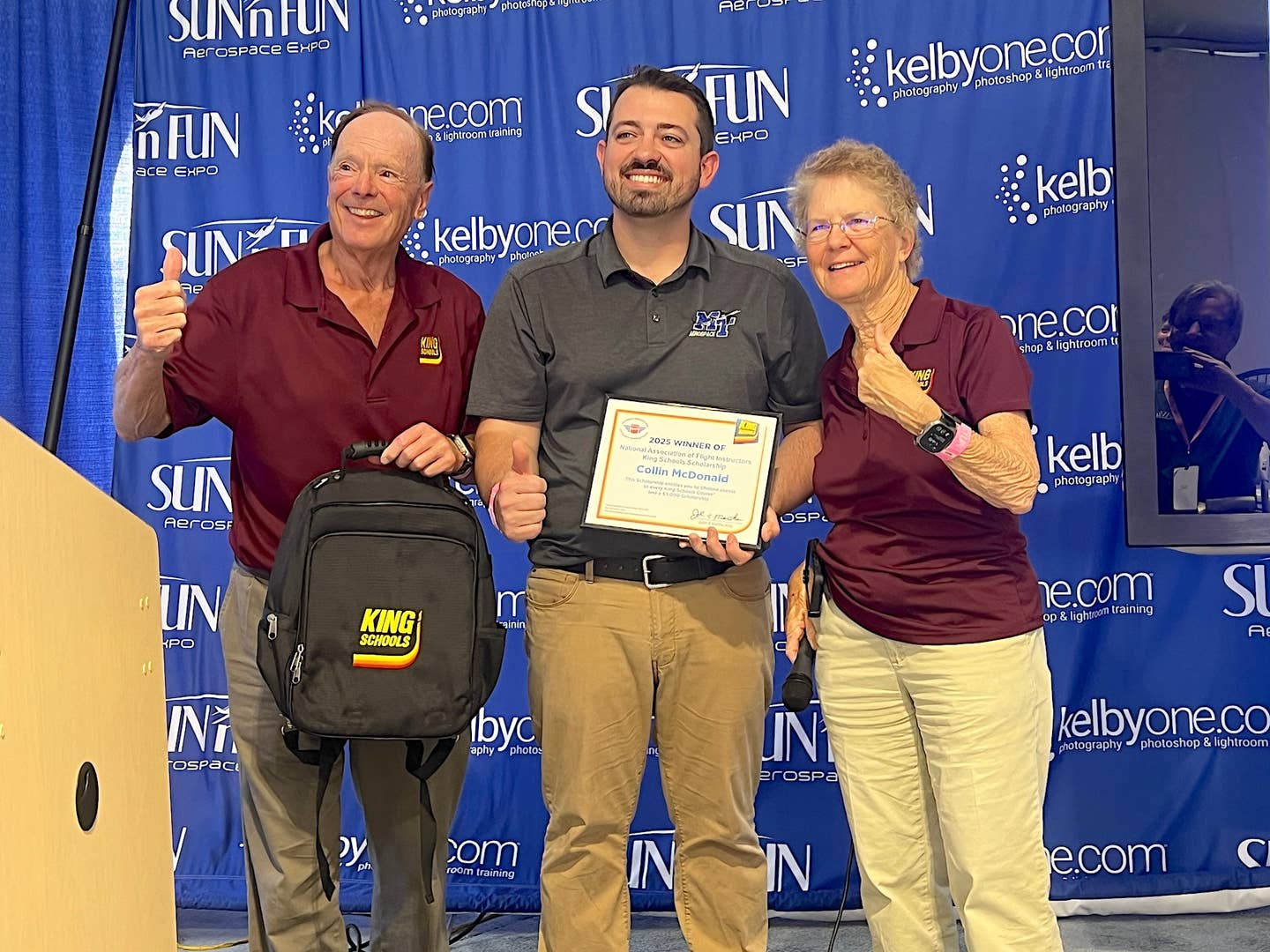Sonex Explores Alternative Engines
On Tuesday morning at EAA AirVenture, Sonex Aircraft made public its AeroConversions division’s E-Flight Initiative, which started in 2006 with the intention to pioneer alternative energy research and development for sport aircraft engines. The unveiling included a proof-of-concept 80-hp-equivalent electric powerplant installed in a Sonex Waiex airframe and news that the company is testing an AeroVee 2.0 engine that will run on E85 (a blend of up to 85 percent ethanol with 15 percent gasoline). According to Sonex, the E-Flight Initiative has three major areas of focus — electric power, ethanol fuel and engine efficiency enhancements — that take a diverse approach to the problems of rising energy costs and environmental effects of burning fossil fuels to provide near, intermediate and long-term “green” powerplant solutions. Addressing the first focus area, Sonex has developed a prototype brushless DC cobalt motor that is the size of a coffee can but weighs only 50 pounds.
 On Tuesday morning at EAA AirVenture, Sonex Aircraft made public its AeroConversions division's E-Flight Initiative, which started in 2006 with the intention to pioneer alternative energy research and development for sport aircraft engines. The unveiling included a proof-of-concept 80-hp-equivalent electric powerplant installed in a Sonex Waiex airframe and news that the company is testing an AeroVee 2.0 engine that will run on E85 (a blend of up to 85 percent ethanol with 15 percent gasoline). According to Sonex, the E-Flight Initiative has three major areas of focus -- electric power, ethanol fuel and engine efficiency enhancements -- that take a diverse approach to the problems of rising energy costs and environmental effects of burning fossil fuels to provide near, intermediate and long-term "green" powerplant solutions. Addressing the first focus area, Sonex has developed a prototype brushless DC cobalt motor that is the size of a coffee can but weighs only 50 pounds.
On Tuesday morning at EAA AirVenture, Sonex Aircraft made public its AeroConversions division's E-Flight Initiative, which started in 2006 with the intention to pioneer alternative energy research and development for sport aircraft engines. The unveiling included a proof-of-concept 80-hp-equivalent electric powerplant installed in a Sonex Waiex airframe and news that the company is testing an AeroVee 2.0 engine that will run on E85 (a blend of up to 85 percent ethanol with 15 percent gasoline). According to Sonex, the E-Flight Initiative has three major areas of focus -- electric power, ethanol fuel and engine efficiency enhancements -- that take a diverse approach to the problems of rising energy costs and environmental effects of burning fossil fuels to provide near, intermediate and long-term "green" powerplant solutions. Addressing the first focus area, Sonex has developed a prototype brushless DC cobalt motor that is the size of a coffee can but weighs only 50 pounds.
The 270-volt, 200-amp AeroConversions motor is modular and scalable -- the core's design has modular sections that can be reduced to a lower-output, smaller (shorter in length) motor or vice versa. Sonex has also developed a proprietary electronic motor controller and lithium-polymer battery system to run the AeroConversions electric engine for about one hour under normal flight conditions. First flight of the electric-powered Waiex is expected by year-end. Meanwhile, Sonex has begun testing to optimize the AeroConversions AeroVee 2.0 to run on ethanol-based fuels, which burn cleaner than fossil fuels. The piston engine is equipped with a versatile carburetor and an ignition system that allows the engine to be configured for higher-compression ratios to optimize the performance for ethanol-based fuels. Testing has already begun on an AeroVee engine run at a higher compression for E85 and other blends, Sonex said.






